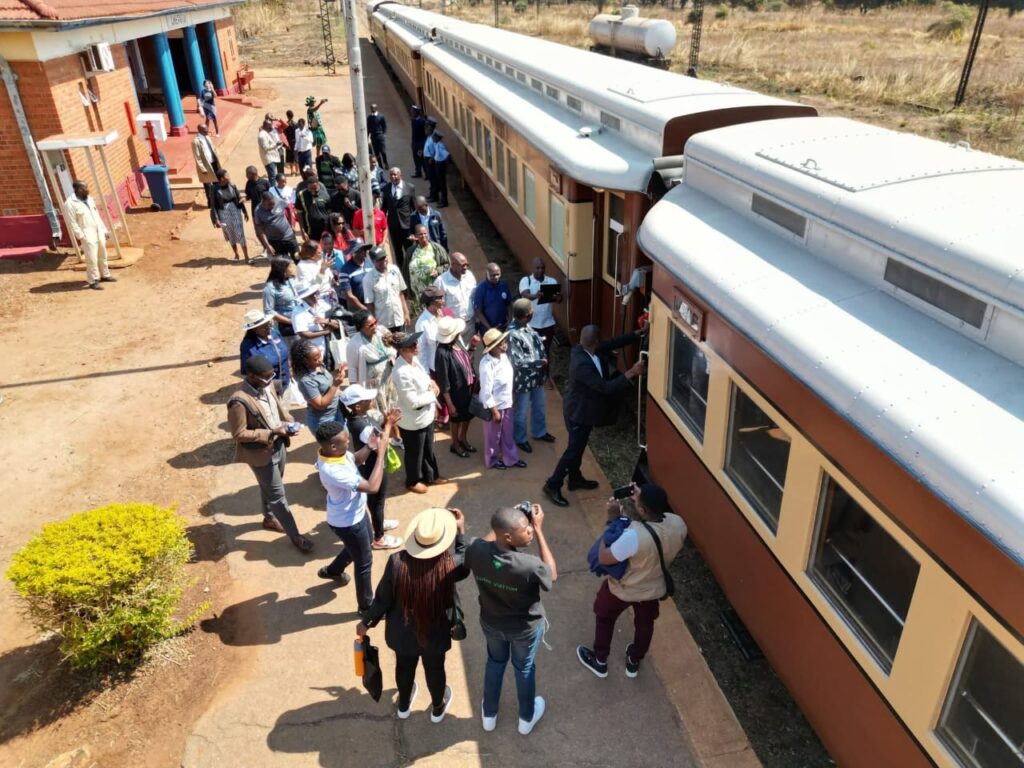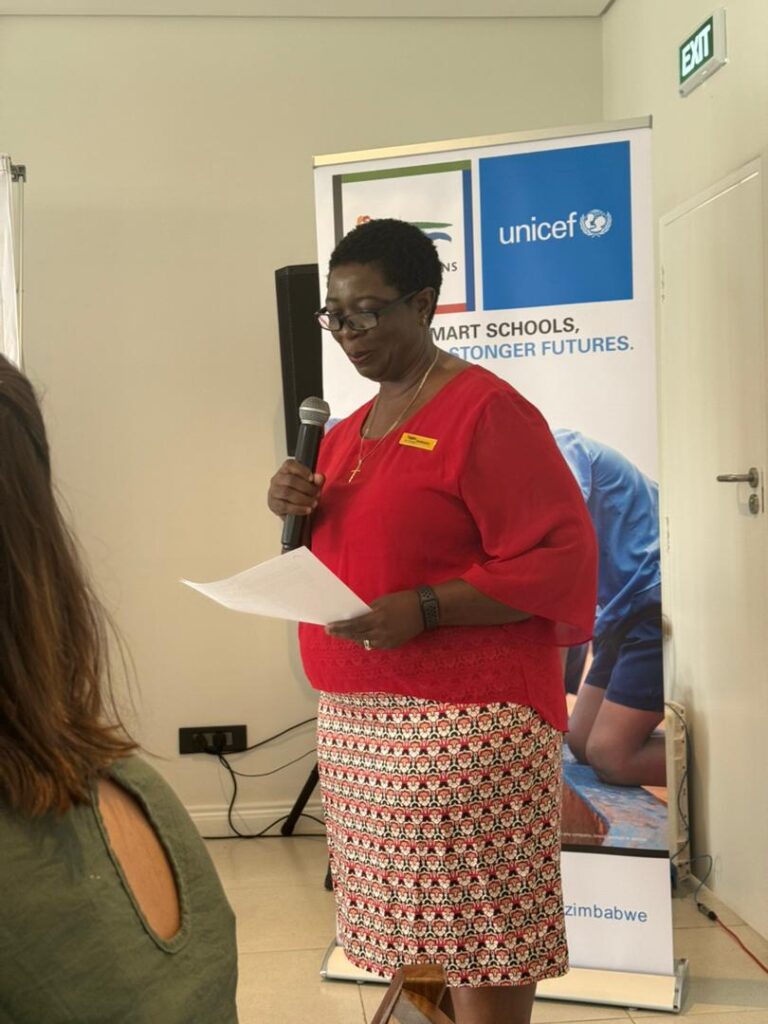UNICEF and Wild Horizons Forge Landmark Partnership to Build Climate-Resilient Schools in Victoria Falls
Written by Staff Reporter on October 29, 2025
VICTORIA FALLS, Zimbabwe – In a significant move to combat the effects of climate change on education and community health, UNICEF Zimbabwe and tourism leader Wild Horizons have announced a new partnership to build climate-resilient schools in the Victoria Falls area.
The two organizations signed a Memorandum of Understanding (MOU) to implement sustainable solutions that will bring clean water, renewable energy, and climate-smart infrastructure to three local schools: Mkhosana Adventist, Ndlovu, and Sizinda. The initiative aims to create a replicable model of resilience that benefits children, teachers, and the wider community.
“This partnership is a powerful example of how business and development can come together to create sustainable solutions for children and their communities,” said Etona Ekole, UNICEF Zimbabwe Representative. “By combining UNICEF’s child-focused programming with Wild Horizons’ commitment to protecting the environment and empowering communities, we are building models of climate resilience that can be scaled across Zimbabwe.”
The partnership directly addresses critical challenges faced by schools in the region, including water scarcity, unreliable energy, and fragile infrastructure. The core of the project involves installing solar-powered, multi-sectoral water systems designed to have far-reaching impacts.
These systems will provide a reliable source of clean water, which is expected to improve hygiene, support menstrual health management for girls, and reduce school absenteeism. The water connections will also be extended to nearby health facilities, including the Ndlovu maternity ward, to enhance maternal and child health outcomes.
Beyond water and health, the initiative will boost food security through the establishment of school gardens irrigated by the solar-powered systems. These gardens will serve as practical training grounds for students to learn about climate-smart agriculture. Furthermore, Wild Horizons will provide training in solar and water technologies for local youth, creating pathways to sustainable employment.
“Wild Horizons is built on the foundation of community. This partnership with UNICEF allows us to expand that commitment—ensuring healthier schools, stronger families, and a greener future,” said the Wild Horizons CEO. “We are combining our resources and expertise to improve the lives of children and families while also contributing to environmental sustainability. Together we can create a model of resilience that inspires far beyond Victoria Falls.”
The project supports the Ministry of Primary and Secondary Education’s Clean Green Zimbabwe Initiative and contributes to national and regional climate adaptation goals, including the Zambezi River Basin initiative. If successful, the model could be expanded to the 44 schools already supported by Wild Horizons’ Corporate Social Responsibility programme and replicated in other provinces.
The partnership represents a strategic fusion of UNICEF’s global expertise in child rights with Wild Horizons’ deep-rooted local presence and commitment to sustainable tourism, marking a significant step toward a more resilient future for Zimbabwe’s children.






 Breeze FM
Breeze FM